When You Ask a Room Full of Senior Staff What Community Is
 In January, Project Management Institute community engagement specialist Marjorie Anderson delivered a presentation to a room full of senior staff. She asked them a question: “Can anyone tell me what community is?”
In January, Project Management Institute community engagement specialist Marjorie Anderson delivered a presentation to a room full of senior staff. She asked them a question: “Can anyone tell me what community is?”
Surprised by the answers she received, Marjorie endeavored to make community more well understood by those in the organization. Those efforts are a topic on this episode, as are Project Management Institute’s move to close 36 communities or practice in favor of ProjectManagement.com, a previously independent community that they acquired at the start of 2014. Plus:
- Why Marjorie initially thought she wouldn’t be a good fit for a community role
- The communities of practice model, and why it no longer served PMI’s members
- What Marjorie is focusing on as she revamps their community metrics
Continue reading “When You Ask a Room Full of Senior Staff What Community Is”
 After 8 months at construction software provider
After 8 months at construction software provider 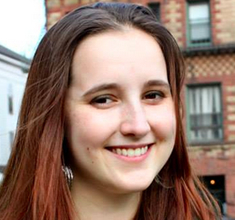 Emily Temple-Wood joined Wikipedia at 12, and became an administrator at 13. In 2016, she was honored by Wikipedia co-founder Jimmy Wales as Wikipedian of the Year. For nearly her entire time on the site, she has dealt with obscene, personal abuse.
Emily Temple-Wood joined Wikipedia at 12, and became an administrator at 13. In 2016, she was honored by Wikipedia co-founder Jimmy Wales as Wikipedian of the Year. For nearly her entire time on the site, she has dealt with obscene, personal abuse.

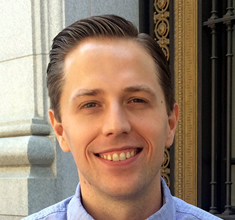 As I mentioned on
As I mentioned on  While at online education company Penn Foster,
While at online education company Penn Foster, 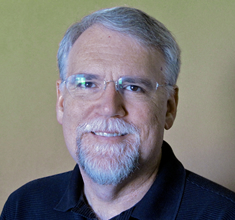 When we talk about the beginnings of online community, we often discuss
When we talk about the beginnings of online community, we often discuss 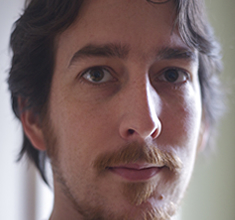 Usually, at 18-year-old online community
Usually, at 18-year-old online community 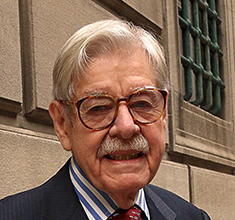 “If a window in a building is broken and is left unrepaired, all the rest of the windows will soon be broken.” So says the
“If a window in a building is broken and is left unrepaired, all the rest of the windows will soon be broken.” So says the  Many online news media outlets, especially those that were borne out of print publications, have paywalls. You might be able to view a handful of articles, but you have to pay to keep reading. However, some paywalls are stricter than others.
Many online news media outlets, especially those that were borne out of print publications, have paywalls. You might be able to view a handful of articles, but you have to pay to keep reading. However, some paywalls are stricter than others.